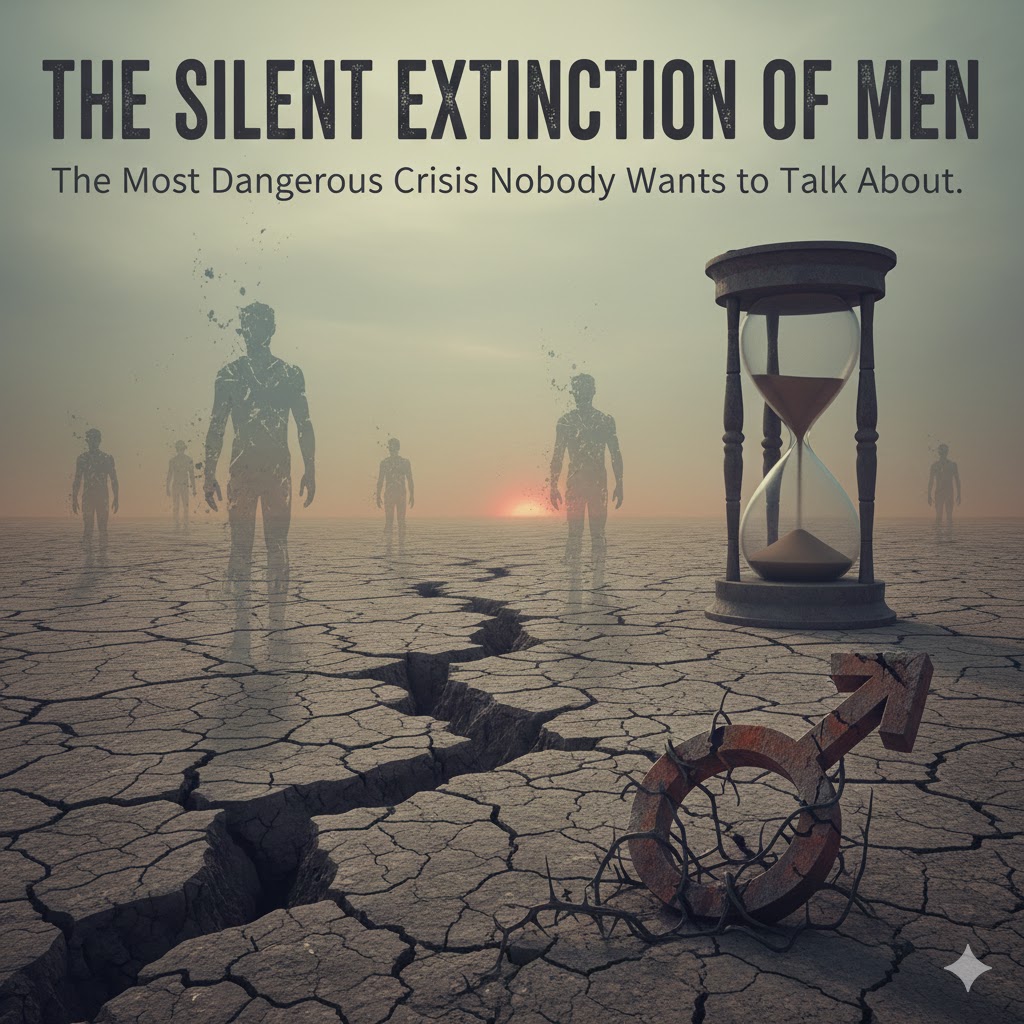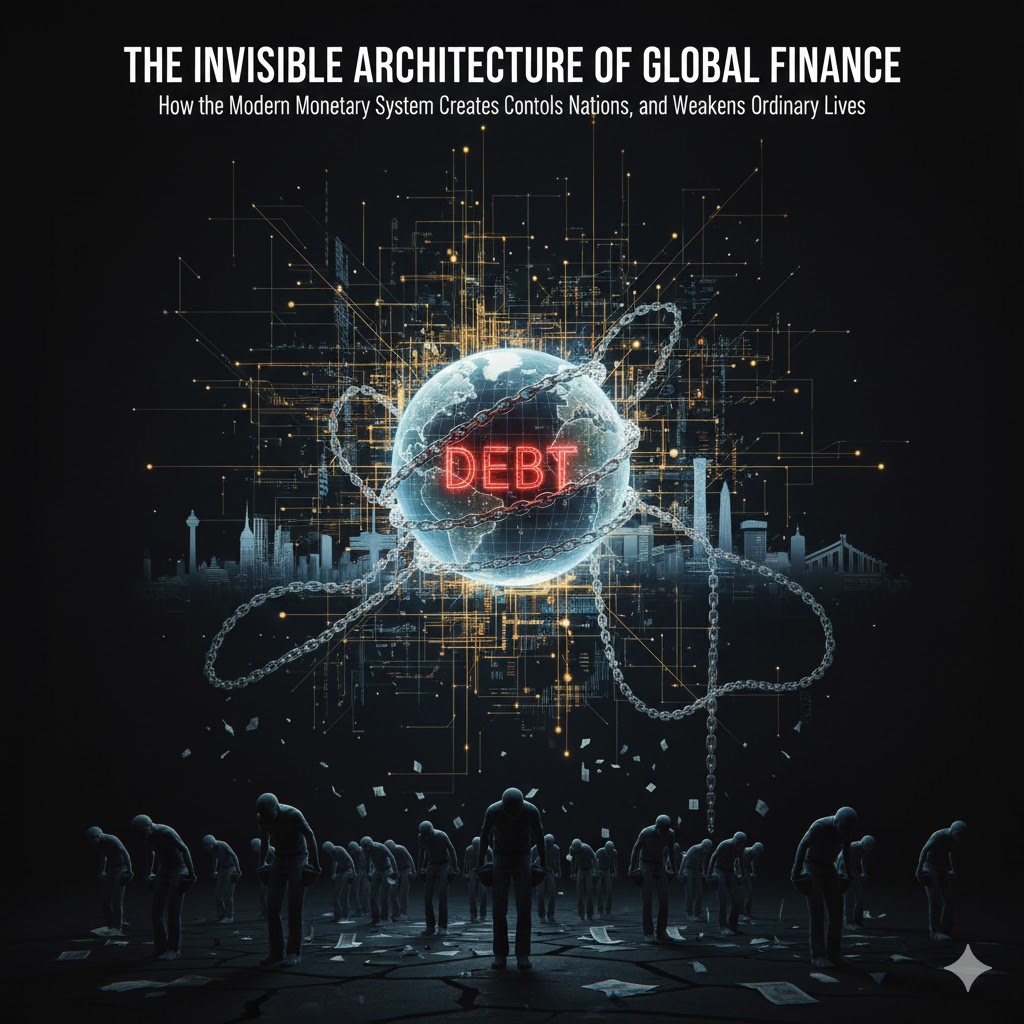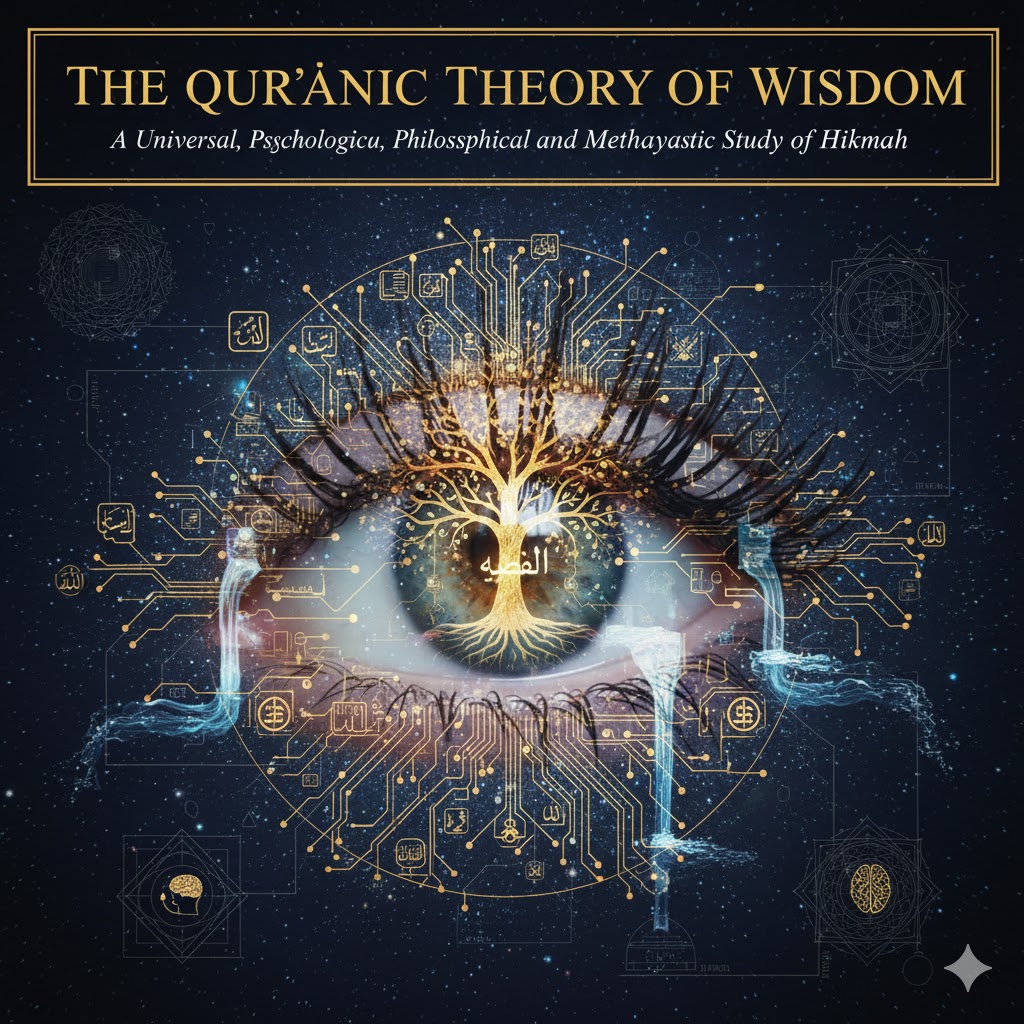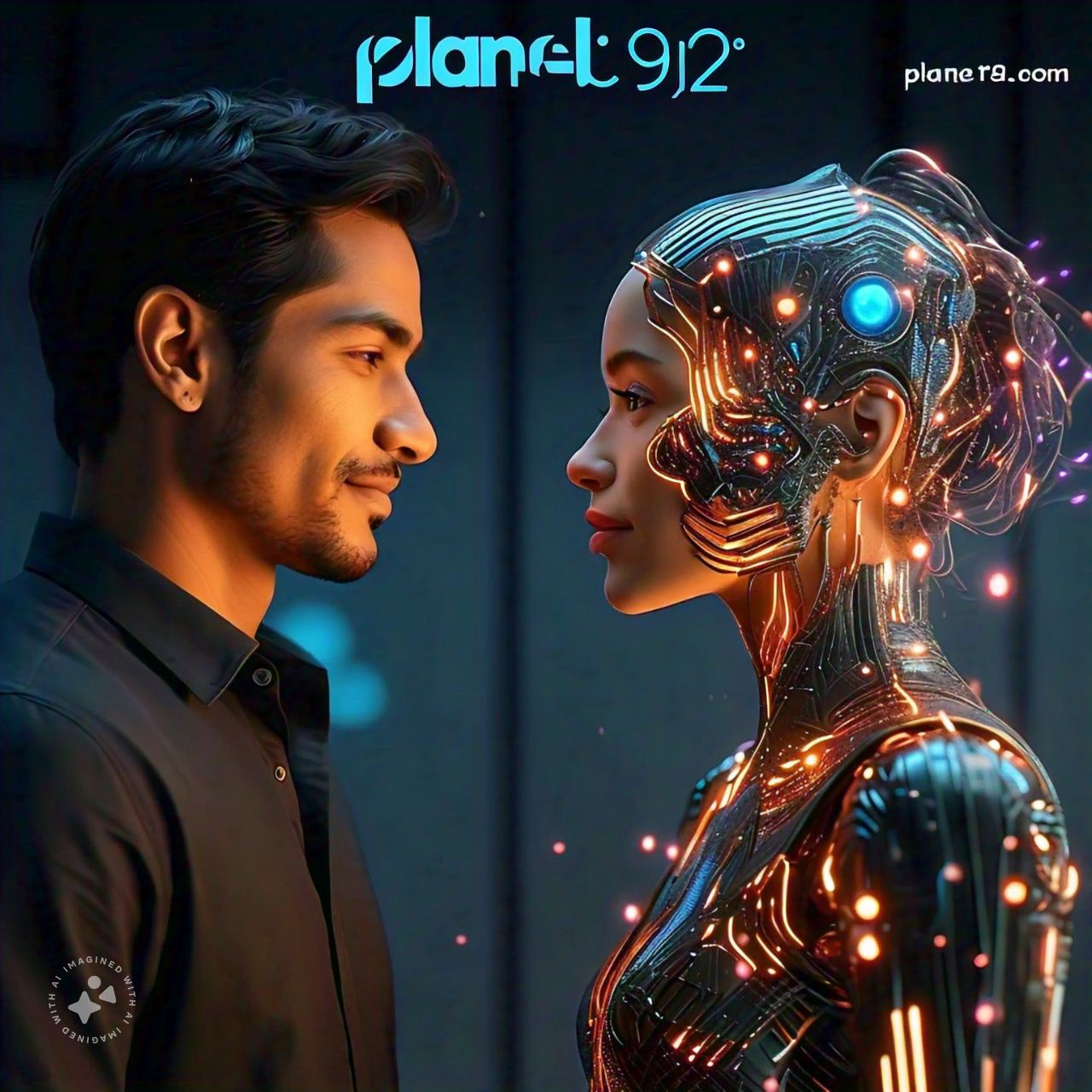The Ethics of AI in Personal Relationships: Could AI Replace Human Companionship?
Artificial Intelligence (AI) has increasingly become a significant part of modern life, influencing industries from healthcare to finance, and even personal relationships. As AI-powered entities like virtual assistants, chatbots, and humanoid robots grow more sophisticated, an ethical question emerges: Could AI ever replace human companionship? This question is not only complex but also deeply tied to philosophical, emotional, and societal considerations that challenge the very fabric of human interaction.
The Rise of AI in Personal Relationships
AI’s role in personal relationships started with simple chatbots and virtual assistants, but as machine learning and natural language processing have advanced, so has AI’s ability to simulate conversations, provide emotional support, and even maintain relationships that mimic human interaction. Applications such as Replika, an AI companion app designed to engage users in meaningful conversations, and AI-enhanced sex robots like those developed by RealDoll have introduced new dimensions to companionship. These developments force us to contemplate whether AI could fill the void of human relationships, particularly for those who are isolated, lonely, or seeking companionship without the complexities of human emotions.
The Ethical Dilemma
The potential of AI to replace human relationships introduces profound ethical concerns.
- Authenticity and Deception: Can a relationship with AI ever be considered genuine? AI-driven interactions, no matter how advanced, are fundamentally based on algorithms rather than emotions. Is it ethical to allow people to form attachments to entities that cannot reciprocate genuine emotional engagement?
- Emotional Dependence: As AI becomes more capable of mimicking human behaviors, there’s a risk that individuals might develop emotional dependence on AI, potentially substituting real human connections with artificial ones. This could lead to isolation rather than improved emotional well-being.
- Impact on Mental Health: While AI companionship could provide temporary solace, it could also create a dependency that discourages individuals from seeking real human interactions. What are the long-term effects of substituting AI for human relationships on mental health and social skills?
- Data Privacy: When people share personal details and emotions with AI, who owns this data? What ethical considerations should govern how this data is used, especially if AI companions are developed by profit-driven companies?
AI vs. Human Companionship: Can It Truly Replace?
- Emotional Depth: Human relationships are characterized by shared experiences, emotions, and vulnerability. AI can simulate responses based on pre-programmed data, but it lacks the ability to feel empathy, experience emotions, or understand the nuances of human life. While AI might provide companionship, it cannot replicate the emotional depth and authenticity of human relationships.
- Human Complexity: Humans are unpredictable and driven by emotions, memories, and personal growth. AI, no matter how sophisticated, follows patterns and lacks consciousness. The complexity of human relationships—conflict resolution, growth, forgiveness, and empathy—cannot be fully captured by AI’s algorithms.
- Companionship vs. Connection: While AI can offer companionship, it cannot provide genuine human connection. True connection involves shared experiences, empathy, and a sense of mutual understanding that only conscious beings can fully engage in.
Potential Benefits of AI in Relationships
Despite ethical concerns, AI could have positive roles in supplementing human companionship.
- Loneliness and Mental Health Support: AI companions could serve as an initial remedy for those suffering from chronic loneliness, particularly elderly individuals, people with disabilities, or those with social anxiety. The continuous availability of AI companionship might offer a sense of comfort.
- Therapeutic Tools: AI could act as a therapeutic tool, providing early intervention for mental health issues like depression and anxiety by engaging users in meaningful conversations, monitoring emotional well-being, and encouraging them to seek professional help when needed.
- Assistive Relationships: For individuals with cognitive impairments or memory loss, AI companions could serve as reminders, emotional support, or even conversational partners to keep the brain active and engaged.

The Future of AI in Human Companionship
The future of AI in human companionship is both fascinating and complex, holding promises and challenges that could reshape the way we view relationships and interaction. As AI systems continue to evolve in sophistication, their potential to serve as companions in a variety of contexts is becoming a reality. Whether it’s through conversational AI, humanoid robots, or virtual beings, the integration of AI into our daily lives will continue to expand, raising important questions about the nature of companionship, ethics, and human connection.
AI’s Growing Role in Emotional Support
AI’s role in providing emotional support is becoming increasingly significant, particularly in areas like mental health, therapy, and everyday companionship. With the rise of AI-powered applications designed to engage users in meaningful conversations, such as Replika and Woebot, AI companions are being used to alleviate feelings of loneliness, anxiety, and depression. These AI tools can offer empathetic responses, monitor mood changes, and provide coping strategies, making them valuable assets for people struggling with emotional or mental health challenges.
In the future, AI could become even more adept at detecting subtle emotional cues and tailoring responses to individual users. Advancements in natural language processing (NLP) and machine learning could enable AI companions to provide more personalized and contextually aware support, potentially rivaling traditional human relationships in certain therapeutic settings. However, this also brings about concerns regarding emotional dependency and the potential for AI to replace real human interactions in some situations.
Integration into Daily Life
As AI companions become more advanced, their integration into everyday life is expected to grow. AI systems could serve as personal assistants, friends, caregivers, or even romantic partners, depending on the needs of the user. Humanoid robots with AI capabilities may offer physical presence, enhancing the sense of companionship through touch, facial expressions, and more lifelike interactions. Companies like Boston Dynamics and SoftBank Robotics are already developing robots that could one day provide companionship for the elderly or people living alone.
Virtual reality (VR) and augmented reality (AR) technologies are also poised to play a role in this future. Through immersive environments, AI companions could exist not just as digital avatars but as interactive beings that share experiences with their users in virtual worlds. This kind of companionship could lead to new forms of relationships that transcend physical and geographical boundaries.
AI as a Supplement to Human Relationships
One of the most significant developments in the future of AI companionship will likely involve AI serving as a supplement rather than a replacement for human relationships. AI companions can fill certain gaps, providing constant availability and support in ways that humans may not always be able to. For example, in long-distance relationships, AI could help bridge the emotional gap by offering conversational support when human partners are unavailable. In care settings, such as for individuals with dementia or disabilities, AI companions could assist caregivers by offering routine support, reminders, and monitoring.
AI could also serve as a training ground for people who struggle with social skills, such as those on the autism spectrum. By practicing conversations with AI companions, individuals could develop their communication abilities and build confidence in social situations.
Ethical Considerations and Human Identity
As AI becomes more integrated into personal lives, it will continue to challenge traditional notions of human identity and relationships. The prospect of AI companionship raises profound ethical dilemmas, such as the nature of consent in relationships with non-sentient beings, the potential commodification of emotions, and the psychological impact of engaging in deep emotional connections with AI. There is also the question of whether society should encourage relationships with AI at the risk of reducing the importance of human connection.
Another concern is the role that corporate entities will play in shaping AI companions. As AI companions are often developed and owned by private companies, there is a risk of commercialization of personal relationships. Companies may exploit personal data gathered through AI companions for profit, leading to privacy and security issues.
The Potential for Hybrid Relationships
In the future, hybrid relationships that combine AI and human elements may emerge as a new norm. These relationships could involve AI-enhanced human interactions, where AI assists in mediating communication between humans or even plays a supportive role in existing human relationships. For example, AI could help couples navigate conflicts by offering objective, data-driven advice or facilitate bonding by suggesting personalized activities based on shared preferences.
These hybrid relationships would challenge the boundaries of traditional companionship, potentially leading to a new understanding of what it means to connect with others. They could also provide new opportunities for emotional growth, particularly for individuals who may struggle with conventional human relationships.
Conclusion
The ethical implications of AI in personal relationships are vast and complex. While AI may offer companionship and support, it is unlikely to ever fully replace the depth, emotion, and complexity of human relationships. Society must carefully navigate the fine line between utilizing AI for emotional support and ensuring that it doesn’t substitute genuine human connections. In this evolving landscape, the need for ethical guidelines, mental health awareness, and human-centered design becomes paramount in shaping the future of AI in personal relationships.
The question remains: Is AI meant to fill the gaps in our emotional lives, or is it a tool to help us better connect with one another? The answer may define the future of AI in society.









